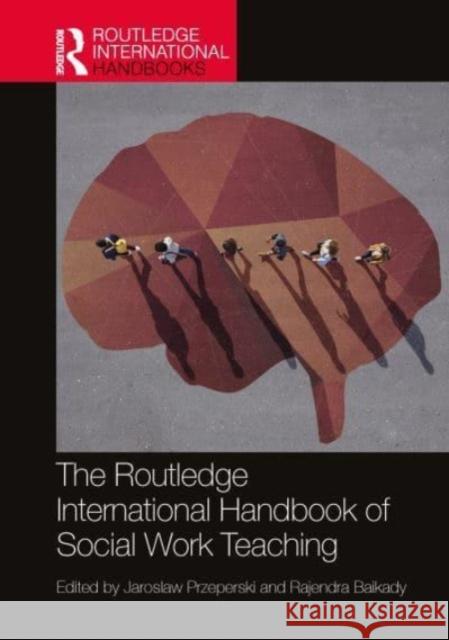The Routledge International Handbook of Social Work Teaching » książka
topmenu
The Routledge International Handbook of Social Work Teaching
ISBN-13: 9781032727622 / Twarda / 2024 / 570 str.
The Routledge International Handbook of Social Work Teaching
ISBN-13: 9781032727622 / Twarda / 2024 / 570 str.
cena 1126,48
(netto: 1072,84 VAT: 5%)
Najniższa cena z 30 dni: 1032,66
(netto: 1072,84 VAT: 5%)
Najniższa cena z 30 dni: 1032,66
Termin realizacji zamówienia:
ok. 22 dni roboczych.
ok. 22 dni roboczych.
Darmowa dostawa!
This handbook is a comprehensive text on social work education based on the narratives of social work educators, practitioners and researchers from around the world.











